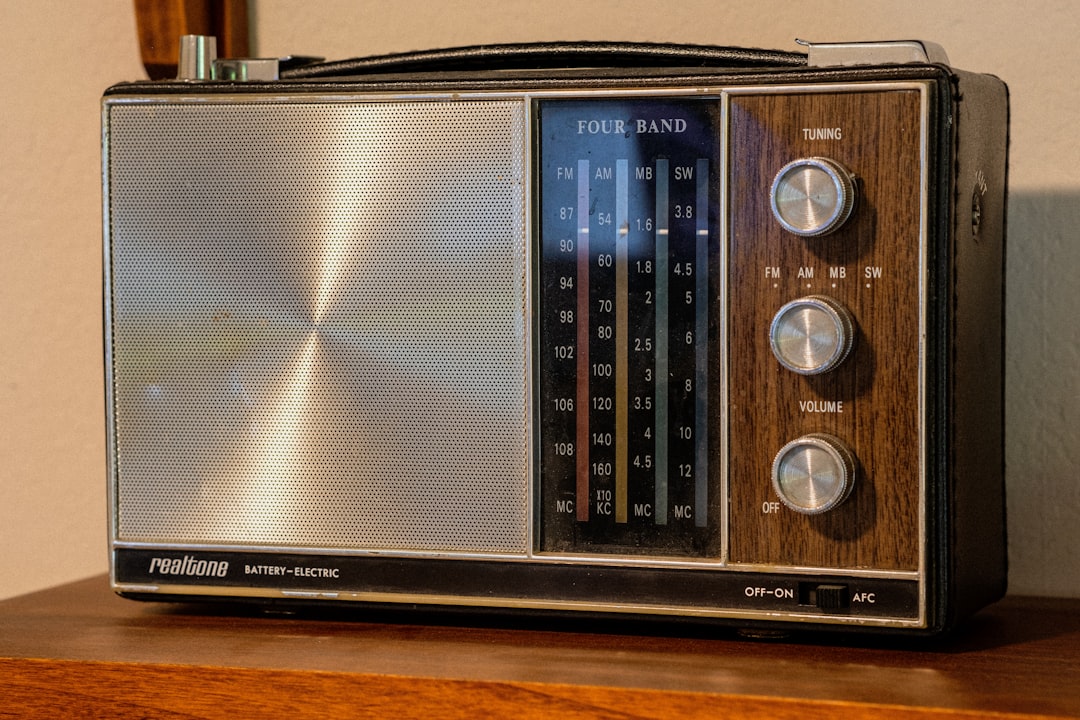A Big Tech Vet Takes Over WMG
While Apple Music Unseats Pepsi At Super Bowl Halftime Show

Back in July, we published a piece on the speculation surrounding who would replace outgoing Warner Music Group CEO Steve Cooper. The answer came yesterday when it was announced that outgoing YouTube executive Robert Kyncl will replace Cooper at the beginning of 2023.
It shouldn’t really be a surprise that Kyncl’s name didn’t appear on the list of 50-plus names proposed by the media following the transition, but somewhat surprising is the fact that Kyncl has never worked at a major label (or any label for that matter).
But as streaming has come to dominate the distribution of music over the past decade, the decision of WMG to lean into tech is sound. Just last week, YouTube announced that it paid $6 billion in royalties in the previous 12 months. That sum was a 50% increase over what it paid in the prior year and makes YT second to only Spotify in terms of dollars pouring into the coffers of giant rightsholders like WMG.
It’s also worth noting that Cooper, who navigated WMG from its post-piracy nadir to the heights of streaming revenue, also did not come from a music biz background before taking the helm of UMG in 2010. Nor was Cooper’s predecessor, Seagram’s scion Edgar Bronfman Jr., a record man before he lead the group of investors who wrestled the company free from Time Warner in 2004.
But while businessmen have been in charge of WMG forever, this is the first time someone from streaming has stepped in. Before YouTube, Kyncl was VP of Content at Netflix, where he was part of the transition from mailing DVDs to streaming video. Given how streamers now control the distribution of all cultural products around the globe, it’s safe to say that more veterans from streaming will be stepping into roles on the supply side as well.
TAKEAWAYS
Salient statements from this week’s music news.
1. Senators Introduce American Music Fairness Act, Which Would Require Radio to Pay Royalties to Musicians
The bipartisan bill that will make terrestrial U.S. radio pay the same mechanical royalties that streaming, satellite and every other radio station in the world pay to rightsholders comes at a time when nobody can decide if radio is raking it in or breathing it’s last gasp.
Takeaway: The bill is at least partially in response to the Local Radio Freedom Act that Steve Womack (R-AR) and Kathy Castor (D-FL) introduced last year, which is championed by the National Association of Broadcasters. That act aims to continue terrestrial radio’s royalty-free status, stating that Congress should not impose any new performance royalty or other charges that might create economic hardship for locally owned radio stations.

2. Warner Sues Bang Energy for Alleged Infringement of Nearly 200 Recordings
Guess no one trained the social media intern on copyright law and licensing.
Takeaway: In July, a Florida court found that Bang had violated UMG’s copyrights by using its music in social media ads without permission. Sony Music, meanwhile was granted a partial summary judgment last week, with the court ruling that Bang was liable for infringement for music used in videos posted to its own social media channels, but not for music used in videos posted by influencers.

3. Live Nation Takes An Equity Stake In Halsey’s Cosmetics Business
Equity over sponsor dollars could mean a new model of ongoing revenue for event promoters who can afford the long game.
Takeaway: Created to serve the 84% of fans that Live Nation research says are keen to experiment with new looks when attending shows, the installations will feature product sampling, self-guided application, and virtual try-on opportunities.

4. Apple Music Replaces Pepsi as Sponsor of Super Bowl Halftime Show
Another step towards the streaming singularity.
Takeaway: Sports rights have long been the province of traditional media companies like Fox, Disney, Paramount Global and NBCUniversal, but technology companies like Apple and Amazon have made a bigger play for those rights as they seek to lure consumers to their new broadband subscription-video services.


